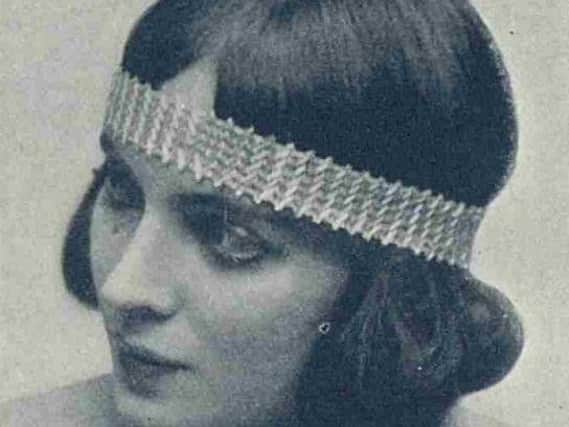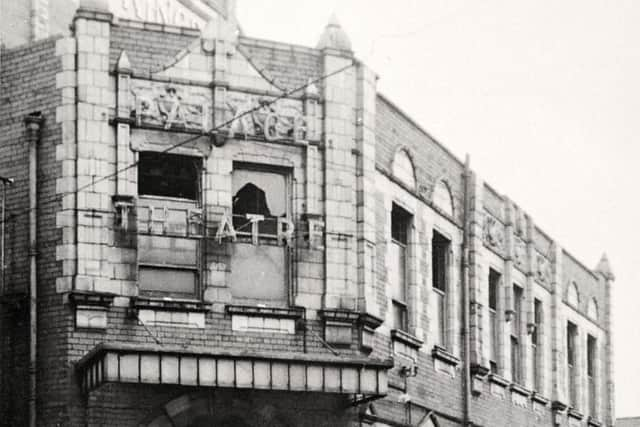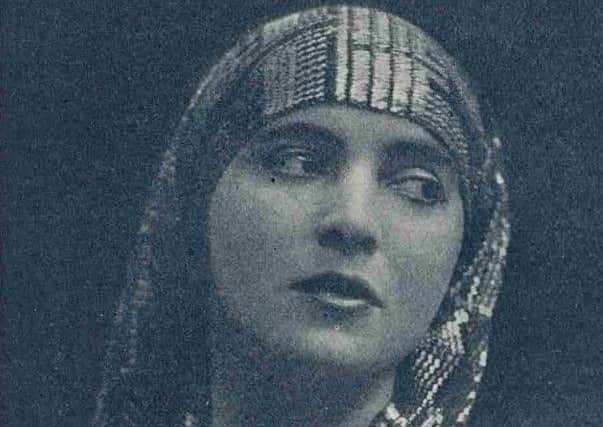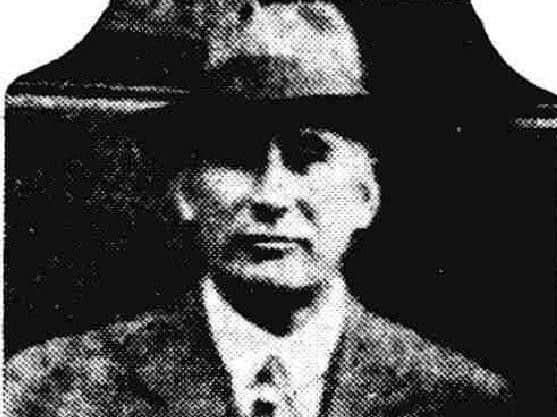Scandal at a Preston cinema


Fred White and Walter Stott were pioneers of the early days of silent cinema.
From their headquarters in Manchester, they ran the National Film Agency, making films and distributing them across the North West.
Advertisement
Hide AdAdvertisement
Hide AdFred White had, in fact, been born in Preston, around 1879, and what he and his partner produced was often shown in the town, in cinemas such as the King’s Palace, which stood on Tithebarn Street.


In August 1915, one of those films sparked a national scandal.
Five Nights was a melodrama, based on a best-selling novel by Victoria Cross, which starred the beautiful New Zealand actress Eve Balfour as one of several girlfriends of a wealthy artist, together with sailing ships, foreign locations, clichéd ‘Chinamen’ and nights at the opera.
It also featured a murder and a child born out of wedlock, and that turned out to be a problem.
Advertisement
Hide AdAdvertisement
Hide AdIn those days, Preston had its own chief constable, James P Ker Watson, and when he saw the film – at a matinee at the King’s Palace, with “several hundred men, women and children” – he objected to it in the strongest terms.


Mr Watson also shared his views with the gentlemen of the press, and it was that which got him into trouble.
Messrs Stott and White claimed he had defamed them and damaged their business so they sued him for damages. The action was heard the following February, before a specially selected jury, and the witnesses assembled for the defence represented a cross section of Preston society.
There was Margaret Buck, a mill hand from Spring Gardens, who had seven children and told the court: “I have never seen a picture half as bad as this one.”
Advertisement
Hide AdAdvertisement
Hide AdThere was Margaret Nickson, whose husband was a tailor and lived on Priory Street and who said of the film, “It was vulgar and made you think bad things when you did not want to do so.”


And there was Fred Daggers, of Bedford Street, who also had seven children – “four of them daughters” – and had just been discharged from the Army with a shrapnel wound.
“In my opinion,” he said, “it was not a fit picture to be shown to any young person as no doubt it would affect their future morals.”
The witnesses also included William Patrick Meagher, an accountant from White-stake, near Preston, who, though he didn’t mention it at the time, was the father of five Roman Catholic priests.
Advertisement
Hide AdAdvertisement
Hide Ad“It is horrible to think,” he said, “that men and women can degrade themselves and prostitute their talents in acting in a play which is the negation and antithesis of Christian morality. After it, the deluge.”


In later years, Mr Meagher and his wife would receive a telegram from the Pope in recognition of their golden wedding.
It took the gentlemen of the jury – and they were all men – a couple of hours to reach their decision.
They found that the chief constable’s words were nothing more than fair comment, and they refused Fred and Walter the damages they had sought.
Advertisement
Hide AdAdvertisement
Hide AdBut Mr Watson was not the only Preston man to find himself in court over Five Nights.
Something similar happened to John Rigg, a doctor who lived on Fishergate Hill. His objection was less to the film than to the way it was advertised, and he took a blade to a number of posters, cutting out the female figures they displayed.
Dr Rigg was also a councillor – for the St John’s ward of the town – and he had been a missionary in China, so when he came up for trial there were religious ministers, as well as aldermen, in the public gallery.


Having admitted his guilt, but then changed his plea, Dr Rigg was convicted of causing damage and ordered to pay a fine of ten shillings, together with compensation and costs.
Advertisement
Hide AdAdvertisement
Hide AdWhen he refused, and said he would rather serve five days in prison, Dr Rigg was intercepted by his supporters, one of whom promptly paid the fine on his behalf. In the weeks that followed, Dr Rigg’s concerns, if not his actions, would be endorsed by the mayor.
The film was never seen in Preston again, and it is now considered lost. But although it was also banned in places such as Accrington, Birkenhead and Southport, Five Nights would be shown without demur – but with considerable profit – in Blackpool and Wigan, as well as in Liverpool, Manchester, Birmingham and London.
Not long afterwards, Fred White departed the National Film Agency to make films on his own account. He would be sued by Charlie Chaplin for a biography to which the great comic took exception, and that, as a result, never saw the light of day.
Meanwhile, Eve Balfour was indignant at the suggestion she had appeared in an improper film.
Advertisement
Hide AdAdvertisement
Hide AdShe said: “I will tell you what I wear in the studio scene, the only one that can possibly be the cause of the objection at Preston.
“I wear a Greek costume, not of transparent material, but of heavy silk, and besides my face only one shoulder and arm are bare. I would wear that costume in any restaurant in London, and then I should have more on than many of the women there in ordinary evening dress.”
* Any reader with information about Fred White, or Walter Stott, can contact Bill Davis at [email protected]